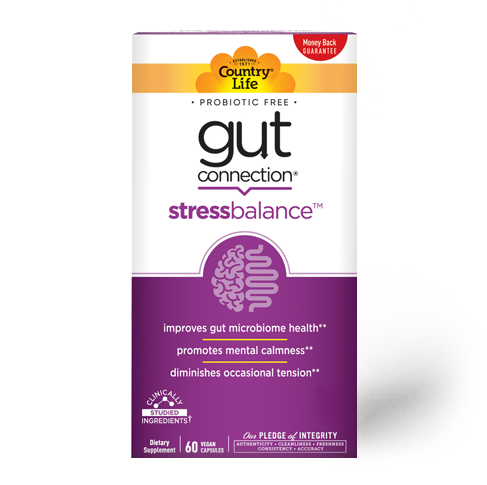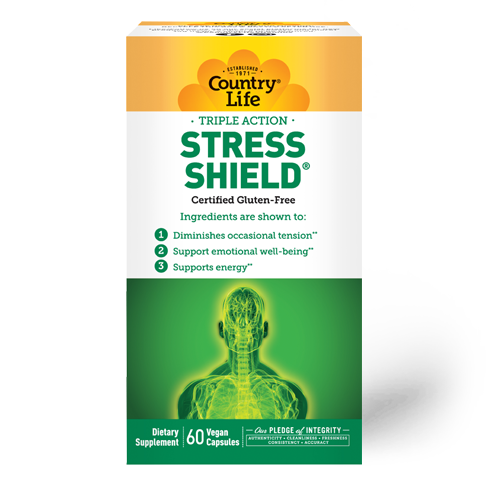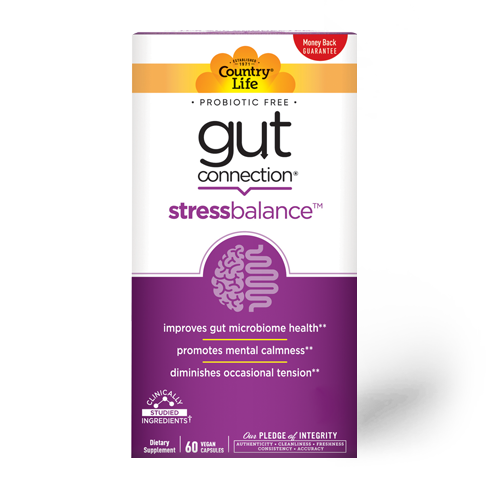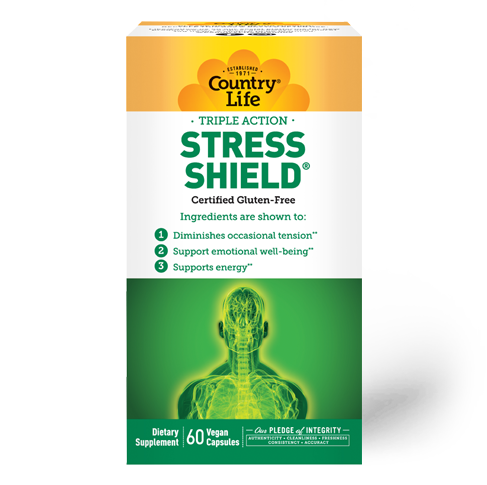
If you search the internet about stress and what to do to “de-stress” you are probably going to find more information than you could possibly review. With all that information you might be causing yourself even more stress! And you may also find some of the information contradictory. But let’s agree on one thing – stress will always be around in one form or another. Whether it’s due to work, family, relationships, traffic, weather, etc. we will experience some sort of stress every day. And it’s not ALL bad. But much of the time the stress we experience can build up and begin to affect our health. So what can you do when stress starts piling up and begins to affect not only health but also possibly our metal wellbeing? You get to choose!
First, think about things you LIKE to do. There are people who might not like yoga but a friend or a blog said to try yoga to de-stress. Do you think that person will really get the benefits of relaxation if they are counting the minutes until the yoga class is over? Maybe that’s you!
Perhaps you enjoy being in nature and hiking in the park or mountains. Would being confined in a gym running on a tread mill be the same? No! So think about what YOU like to do and then think about how that activity can be incorporated into a “de-stressing” endeavor.
Maybe you can help yourself with stress by adjusting your schedule so you don’t have more things planned in a day than you can accomplish. Having a long list of things to do and not being able to get them all done is stressful for some people. If that’s you, shorten your list. Remove that stressor.
National Institutes of Health notes 5 things we all should know about stress
- Stress affects everyone
- Not all stress is bad
- Long term (chronic) stress can be harmful to your health
- There are ways to manage stress (exercise, relaxing activities, setting priorities, dietary changes, supplements, etc)
- If you’re overwhelmed by stress ask for help
https://www.nimh.nih.gov/health/publications/stress/index.shtml
So you’ve discovered an activity that you enjoy or a lifestyle change you can make that can support managing your stress levels but you feel like you need a little more assistance. What next? Are there supplements that can help? Yes!
Some nutrients that may support managing your stress response are:
B-Vitamins L-Theanine
Tyrosine Ashwagandha
B-Vitamins- Found in dark leafy vegetables, broccoli, meat, poultry, eggs, dairy, seeds, nuts, legumes, and whole grains or in supplements
Tyrosine- Found in sesame seeds, nuts, cheese, soybean, meat, poultry and fish or in supplements
L-Theanine- An amino-acid found in tea leaves, particularly green tea, or can be found as a supplement
Ashwagandha- An ancient adaptogenic herb popular in Ayurvedic practice and found in many supplements that support stress response
Additionally, emerging research is indicating the correlation between gut (intestinal) health and how it can effect the stress response. Keeping your gut healthy effects so many other functions in the body as well. Remember, if your gut can’t absorb your nutrients they can’t do your body much good!
There are many products on the market addressing the topic of stress and stress management. Make sure to do your research and examine all ingredients that are used by looking at the Supplement Facts panel.
Country Life® has a wide range of products to support you as you deal with how to manage your own stress response.
Remember to always consult with your health care providers regarding any changes to your supplement routine.
Choose the best products for you to #PowerYourGreatness!


So if you are feeling stressed, have noticed changes in how you are feeling or reacting to different situations, or have identified you are now dealing with more stress and less relaxation it might be time to check out some relaxation techniques. National Institutes of Health has many articles and publications associated with stress. You can check out a few of their recommendations by visiting any one of the links below for more information from NIH.
https://www.nimh.nih.gov/health/publications/stress/index.shtml
https://www.ncbi.nlm.nih.gov/pmc/articles/PMC2568977/
https://orwh.od.nih.gov/in-the-spotlight/all-articles/7-steps-manage-stress-and-build-resilience
The American Academy of Family Physicians has reported that
up to 2/3 of office visits to family doctors are for stress related symptoms.
Remember we are all individuals and we all respond to each situation differently and will also have different needs for managing our responses. You don’t have to do what everyone else is doing if it doesn't work for you. Blaze your own trail and do what’s best for you so you can #PowerYour Greatness!














Share:
Earth Month – Time to Talk Sustainability
Earth Month – Time to Talk Sustainability